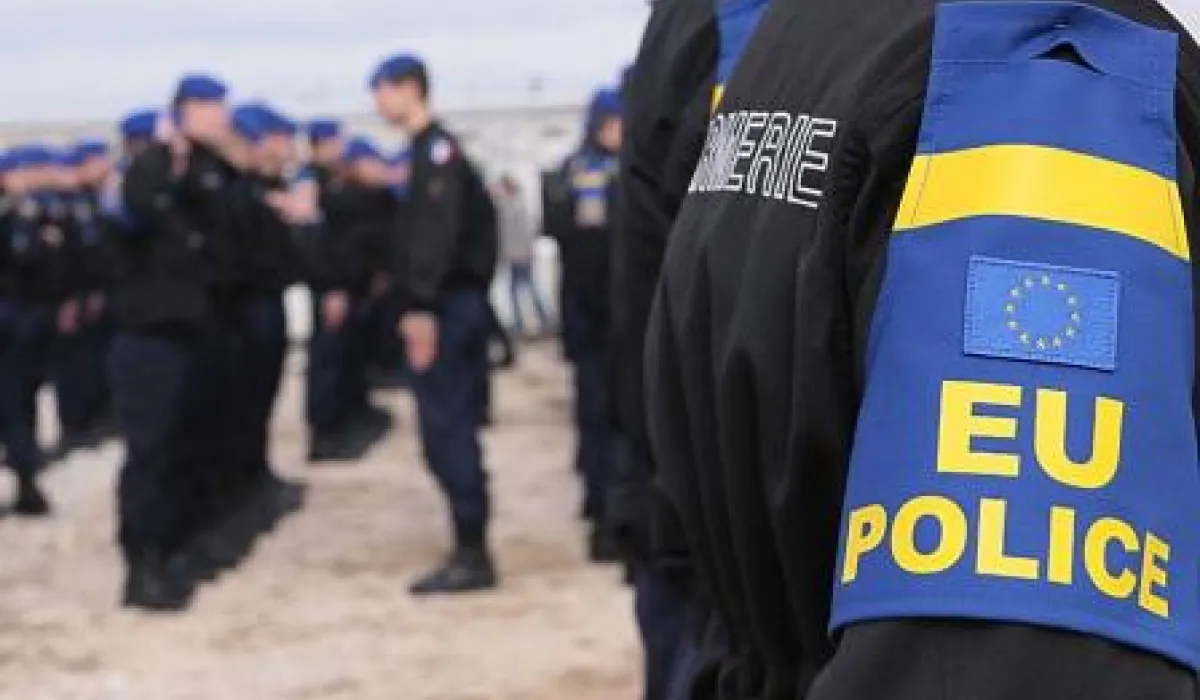Security on Cruise Ships supported by the EU

To plan their summer vacations, many Europeans opt for a cruise or for trips that involve a ferry crossing to reach the destination. In recent years, have come to our country and more specifically the Lisbon Metropolitan Area, where we are also inserted, thousands of tourists coming through cruise from various destinations.
A very important aspect in passenger transportation is safety. Thanks to EU-funded research, passenger evacuation of large ships may be even more fluid and safe in the future. EU-funded researchers are also helping to design cruise ships and ferries more stable.
The project Lynceus 1 , which has a duration of three years and ends in early 2015 demonstrate that wireless technologies with low energy consumption mode can help to locate and follow the path of those who are on board a ship, providing essential information in case of evacuation, improve operations and search and rescue at sea. The goal is to revolutionize the current practice of emergency management and evacuation ships.
GOALDS The project, which ended in 2012, conceived new designs for large cruise ships, in order to increase their safety in case of collision or stranding. The new settings ships give them 20% more likely to withstand collisions or groundings. These results were presented to the International Maritime Organization with the aim of improving safety standards and calculations for the cruise ships. GOALDS The project is part of a framework of EU funded research to improve maritime security.
Máire Geoghegan-Quinn, European Commissioner for Research, Innovation and Science, said in this regard: "These projects are good examples of how we are addressing issues that can improve people's lives - in this particular case, possibly even save lives. In our new Horizon 2020 program will continue to invest in this kind of research and innovation. "
Lynceus The project, which received EUR 2.5 million of EU funding, brings together 15 participants from seven countries: Cyprus, Germany, Greece, Italy, Spain, Switzerland and the UK. The research is also consistent with the provisions of Directive "Maritime Equipment" , as recently amended, which provides for the possible introduction of electronic tags on ships flying flags of the EU.
The GOALDS project received EUR 3 million of EU funding. Involved 19 participants from nine countries and was coordinated by the National Technical University of Athens.
Both projects were funded by grants from the Seventh Framework Programme for Research and Technological Development (2007-2013) of the European Union

